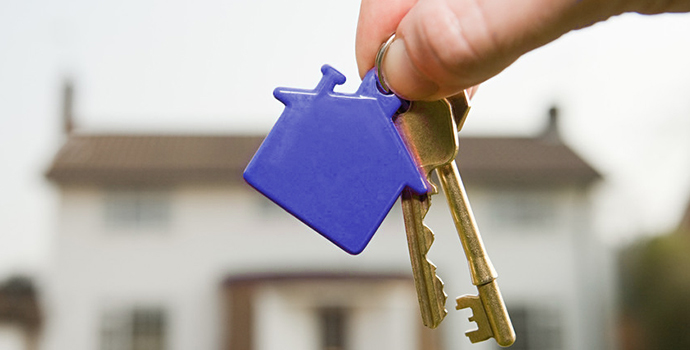A First Time Buyer’s Guide
1. Your offer on your new home has been accepted
Congratulations! You will now want to research and get quotes from various Solicitors to find the right one to look after your purchase. Be aware though, the cheapest quote will not always mean the best service and that some high volume/quick turnaround firms will almost always have hidden fees so your quote may look like a good deal, but may turn out to be more expensive than a trusted high street firm like Fishers.
2. Instruct your Conveyancer
Once you have decided on your solicitor, they will send some initial paperwork to you to complete. This will usually be their terms of business, a personal information questionnaire, information regarding your proof of funds and also your stamp duty obligations. First time buyers buying properties up to the value of £300,000 no longer pay stamp duty. You will need to complete, sign and return these papers.
3. Payment of upfront fees
Your conveyancer will need an upfront fee of around £350 for any disbursements. These are any fees that are paid out on your behalf for things like electronic ID checks; office copies and searches. You will then be billed for the legal fees on completion of the matter. As mentioned above, first time buyers buying properties up to the value of £300,000 no longer have to pay stamp duty. However, if your new home is more than £300k you will be asked to send funds to cover the Stamp Duty to your solicitor before completion.
4. Contracts are issued
Once the contracts and property information forms arrive, from the vendors, these will be checked by your conveyancer. If necessary, any enquiries will be raised and passed to the vendors’ lawyers to ensure a swift registration of the property into your name at the Land Registry on completion.
5. Property Searches
If you are applying for a mortgage, it will be a condition of your mortgage offer that searches are carried out on the property before we are able to draw down funds from your lender. In addition to that, the searches provide valuable, updated information about the property and its surrounding areas that you may well be interested in. The searches include a local authority search, a water and drainage search, an environmental search, and possibly a coal mining search should this be required.
6. Mortgage offer arrives
Once your mortgage offer arrives, this will need to be checked to ensure it is in line with the contract documentation and also that we can meet any mortgage conditions within the offer. This will then be reported to you and you will be asked to sign a mortgage deed.
7. A mortgage valuation is not a Survey
Please remember that a mortgage valuation is not a survey! It may not be necessary to have a full structural survey or even a homebuyers’ report for a fairly new home; however, you may want to consider these when buying an older property. You will need to instruct an independent surveyor of your choice and they will advise on the different types of reports available.
8. Replies to enquiries
Replies to any enquiries that were raised as a result of checking the contracts and initial property forms from the vendors will be reported to you. Your conveyancer will advise you if they are happy to proceed or if they have concerns about your purchase. Where there are concerns, the aim will be to rectify the matters (if possible) as soon as possible
9. Documents are sent to you for signature
If all replies to enquiries are satisfactory and search results are clear, contracts will be issued to you for signature. You may attend the office or in most cases can be posted to you if that is not a possibility. You will be asked to sign a contract, a transfer, a stamp duty form, a mortgage deed, and a title plan. These will then sit on the file in readiness for the exchange of contracts.
10. Deposit is requested
We will then be in a position to request your deposit funds. However, you must have provided sufficient evidence of the source of funds before we can accept any money into our client account. For example, if the money is inheritance you will need to provide written evidence of this. This is the same for each and every client and is due to our anti-money- laundering regulations.
11. Exchange of contracts
Exchange is where we enter a fixed completion date into the contract. People will usually want a week or so between exchange and completion to prepare, pack the house up and book removals. However, this can be shorter or longer depending on the needs of the chain. Once the exchange has taken place the contracts become legally binding and there may be penalties if you then change your mind and wish to pull out, so at this point you must be sure of the purchase.
12. COMPLETION Day
This is the day you can collect your keys to your new home. The money will be sent from the buyers’ lawyers to the vendors’ lawyers. Once they receive the funds they will release the keys to you and they can be collected from your estate agent! Congratulations!
Do you have more questions or would you now like to speak to a solicitor who is an expert in assisting first-time buyers?
Call Amanda Payne today on 01530 412167 or email her amanda.payne@fisherslaw.co.uk and she will be happy to advise and help you with the purchase of your first home.
Special offer for Mama Life Readers. For a 10% discount off our Conveyancing Fees call and quote “Mama Life”











